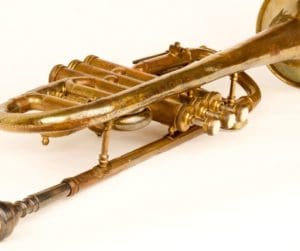Climate-Controlled Storage: What you Need to Know
If you’re reading this, you probably are familiar with what self-storage is. The Oxford dictionary defines it “a rented space in a building for storing property, where you can bring or take away your property yourself.” And if you’re above a certain age, you probably think of a storage unit as a garage space with a roll-up door that you drive up to, with no heat or air circulation system of any kind.
But many of today’s storage facilities offer some type of temperature control system. In northern states, you’ll find that many storage facilities are heated to keep you comfortable during colder months. This also offers some protection to belongings that are sensitive to cold temperatures. During the warmer months, the facility is well-insulated, and the air is circulated to keep temperatures comfortable. While this will protect most things you own, it’s worth considering what would happen to your belongings if the temperature got to 80 or 85 degrees in your unit.
The other type of system is called climate control. Climate-controlled storage facilities can either be the kind that can regulate the temperate through heating and air-conditioning, or they can take it to the next level by regulating the humidity of the storage unit. Most items you have will be protected in a temperature-controlled environment because as the air is cooled, some of the humidity in the air is also removed. Some storage facilities offer humidity control as part of their system. This can be good if you have specific items that need to be kept at a constant rate of humidity such as wine.
What Happens to Items Stored in an Uncontrolled Environment?
Certain items can degrade or become damaged as a result of storing them in an unmodified environment. For instance, vinyl records can be warped, musical instruments and appliances can rust, and clothing and paper items can develop mold and mildew.
Items That Should Be Stored in Climate-Controlled Units
- Electronics
- Mattresses
- Vinyl Records
- Antiques
- Memorabilia & Photographs
- Musical Instruments
- Clothing
- Metal Appliances
- Collectibles
- Books
Conclusion
When renting a storage unit, first decide what you think you’ll be putting into the unit. If it’s one of the above-listed items consider renting a unit that has either heat or has some sort of climate control. If you plan on storing your items for a lengthy period of time, this may be the way to go.
West Coast Self-Storage Locations that Offer Climate-Controlled Storage


